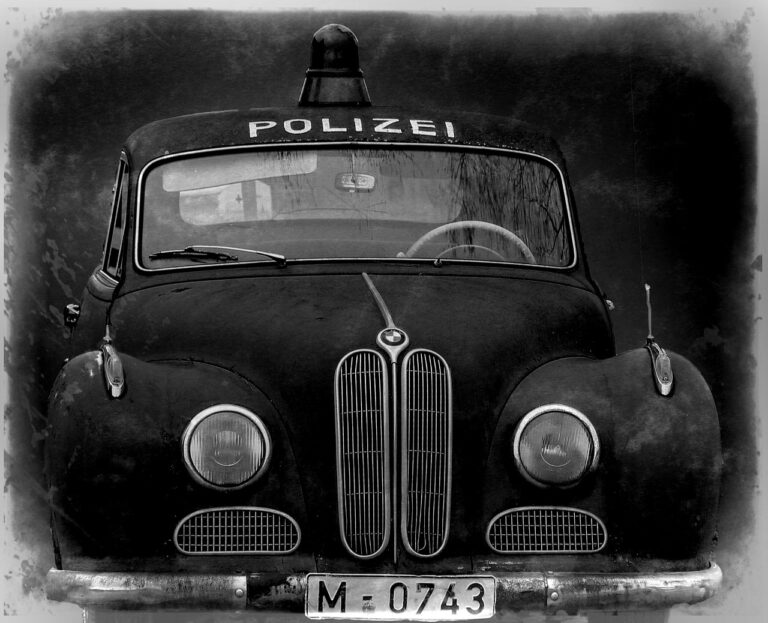Analyzing the Role of Automotive Consultants in Cross-Cultural Training Programs: Betbhai, Cricket99 exchange, Diamondexch9.con
betbhai, cricket99 exchange, diamondexch9.con: Analyzing the Role of Automotive Consultants in Cross-Cultural Training Programs
In today’s global business environment, companies are increasingly expanding their operations internationally. This expansion brings about the need for employees to work and collaborate with colleagues from different cultural backgrounds. To ensure smooth transitions and effective communication, cross-cultural training programs have become essential for automotive companies operating in diverse markets.
The Role of Automotive Consultants in Cross-Cultural Training Programs
Automotive consultants play a crucial role in designing and implementing cross-cultural training programs for employees. These consultants are experts in understanding the nuances of different cultures and how they impact business interactions. They work closely with companies to tailor training programs that address specific cultural challenges and opportunities within the automotive industry.
1. Assessing Cultural Needs
The first step in developing a successful cross-cultural training program is to assess the cultural needs of the organization. Automotive consultants conduct comprehensive assessments to identify areas where cultural differences may impact business operations. This includes understanding communication styles, work ethics, decision-making processes, and conflict resolution methods in different cultures.
2. Designing Customized Training Programs
Based on the cultural needs assessment, automotive consultants design customized training programs that address specific challenges faced by employees working in cross-cultural environments. These programs include modules on cultural awareness, communication skills, conflict resolution, and team building. Consultants use a variety of teaching methods, such as role-playing, case studies, and group discussions, to engage employees in the learning process.
3. Providing Cultural Coaching and Support
In addition to designing training programs, automotive consultants provide ongoing cultural coaching and support to employees. This includes one-on-one sessions with employees to address specific cultural challenges they may face in their day-to-day interactions. Consultants also offer guidance on how to adapt and navigate cultural differences effectively to build strong relationships with colleagues and clients.
4. Facilitating Intercultural Dialogue
One of the key roles of automotive consultants in cross-cultural training programs is to facilitate intercultural dialogue among employees. Consultants create spaces for open discussions and sharing of experiences to help employees gain a deeper understanding of different cultural perspectives. This dialogue promotes empathy, respect, and collaboration among team members from diverse backgrounds.
5. Evaluating Program Effectiveness
Automotive consultants play a vital role in evaluating the effectiveness of cross-cultural training programs. They conduct assessments, surveys, and feedback sessions to measure the impact of the training on employee performance and organizational outcomes. Consultants use this feedback to refine and improve future training programs to ensure continuous cultural competence development within the organization.
6. Keeping Up with Global Trends
As the automotive industry continues to evolve and expand into new markets, automotive consultants must stay up-to-date with global trends and best practices in cross-cultural training. Consultants participate in professional development activities, attend conferences, and engage with industry experts to enhance their knowledge and skills in cultural competency training.
FAQs
1. Why is cross-cultural training important for automotive companies?
Cross-cultural training is essential for automotive companies operating in diverse markets to ensure effective communication, collaboration, and relationship-building among employees from different cultural backgrounds.
2. How can automotive consultants help develop cultural competence within organizations?
Automotive consultants play a crucial role in designing customized training programs, providing cultural coaching and support, facilitating intercultural dialogue, and evaluating program effectiveness to help develop cultural competence within organizations.
3. What are some best practices for cross-cultural training programs in the automotive industry?
Some best practices for cross-cultural training programs in the automotive industry include conducting cultural needs assessments, designing customized training modules, providing ongoing coaching and support, facilitating intercultural dialogue, and evaluating program effectiveness to ensure continuous improvement.
4. How can employees benefit from cross-cultural training programs?
Employees can benefit from cross-cultural training programs by gaining a deeper understanding of different cultural perspectives, developing communication and collaboration skills, learning how to navigate cultural differences effectively, and building strong relationships with colleagues and clients from diverse backgrounds.
In conclusion, automotive consultants play a critical role in designing and implementing cross-cultural training programs for employees in the automotive industry. By assessing cultural needs, designing customized training programs, providing coaching and support, facilitating intercultural dialogue, evaluating program effectiveness, and keeping up with global trends, consultants help organizations develop cultural competence and succeed in international markets.







